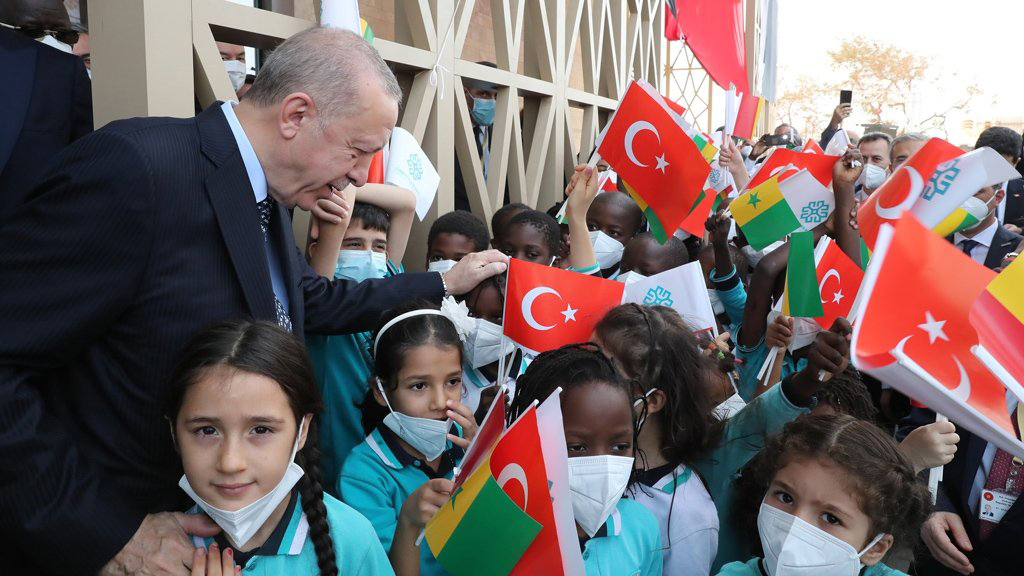
The rise of regionalism and Türkiye
Due to the lack of global leadership and the increase of uncertainties and insecurity in the wake of the collapse of the bipolar world and the Soviet Union, many small and middle states began to restructure their foreign policy orientation. The intensification of global rivalry, the increase of unilateral intervention and the return of power politics have led small and middle states to diversify their foreign relations and form regional political and economic platforms to overcome global threats and challenges.
Share
Due to the lack of global leadership and the increase of uncertainties and insecurity in the wake of the collapse of the bipolar world and the Soviet Union, many small and middle states began to restructure their foreign policy orientation. The intensification of global rivalry, the increase of unilateral intervention and the return of power politics have led small and middle states to diversify their foreign relations and form regional political and economic platforms to overcome global threats and challenges.
Since small and middle states no longer trust global powers, they have begun to decrease their dependence on big players and increase their autonomy in international politics. They have been trying to maximize their national interests by following an interdependent, complementary and sectoral foreign policy orientation. They have learned how to communicate with other international actors by abandoning their traditional “black-and-white” reading of the world and “from us” or “against us” perspective. As a result of all these developments in international politics, the world has witnessed the rise of regionalism for the last several decades.
As a reaction to the rise of regionalization processes, small and middle states diversified their foreign policies. By following a multilateral foreign policy, these states have diversified their cooperation partners; by following a multidimensional foreign policy, they have diversified the content of their foreign policy field. States with different identities have begun using their multiple identities as instruments of their diversified foreign relations. One of the main results of the rise of regionalism is the normalization of their relations with other regional states.
Tags »
Related Articles






